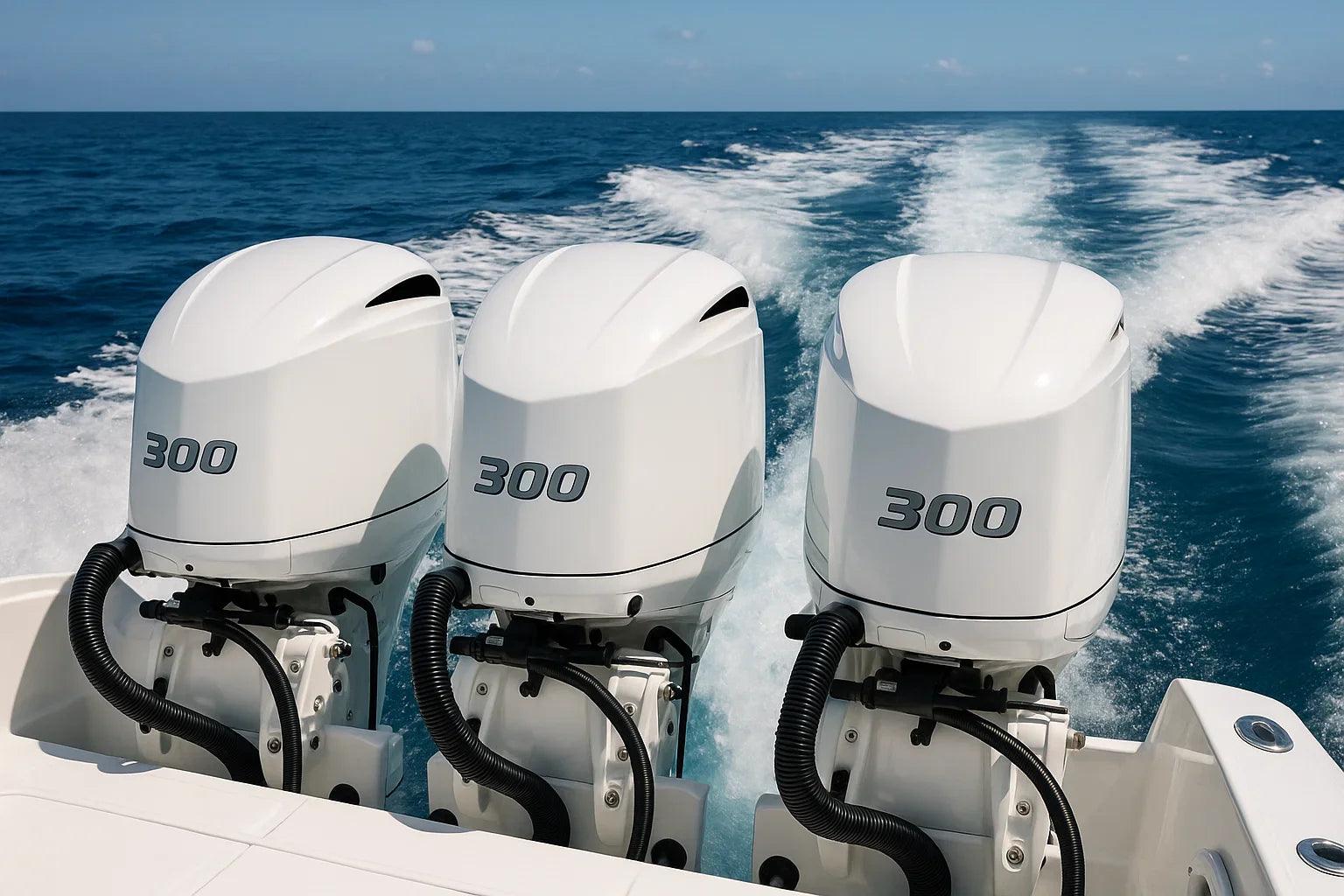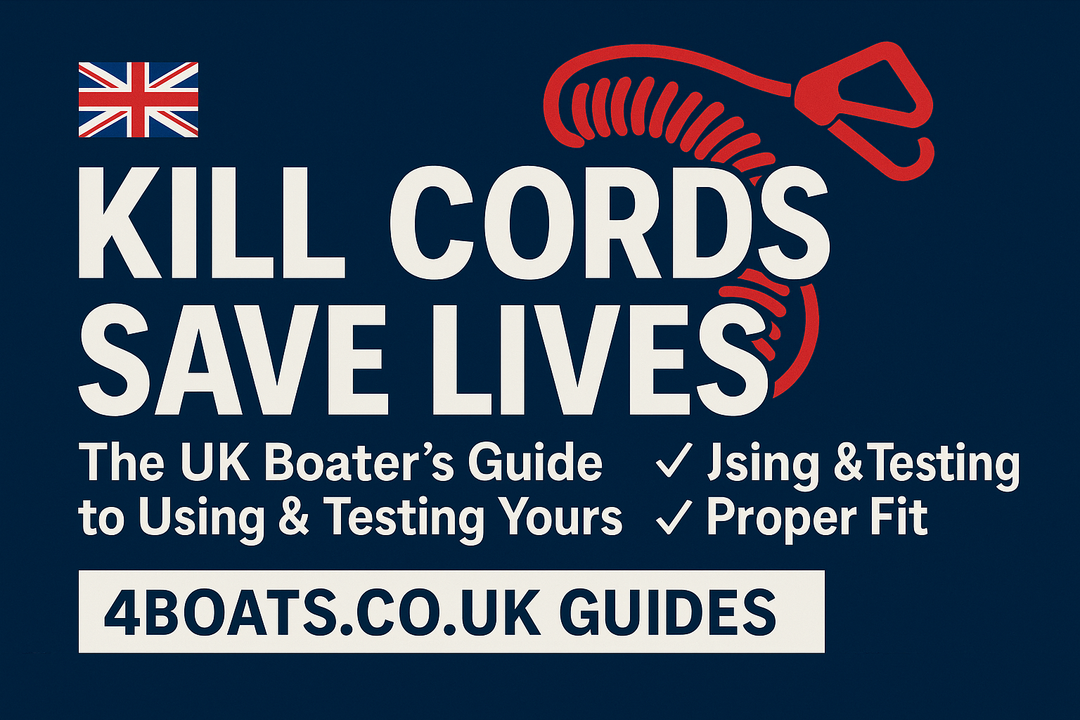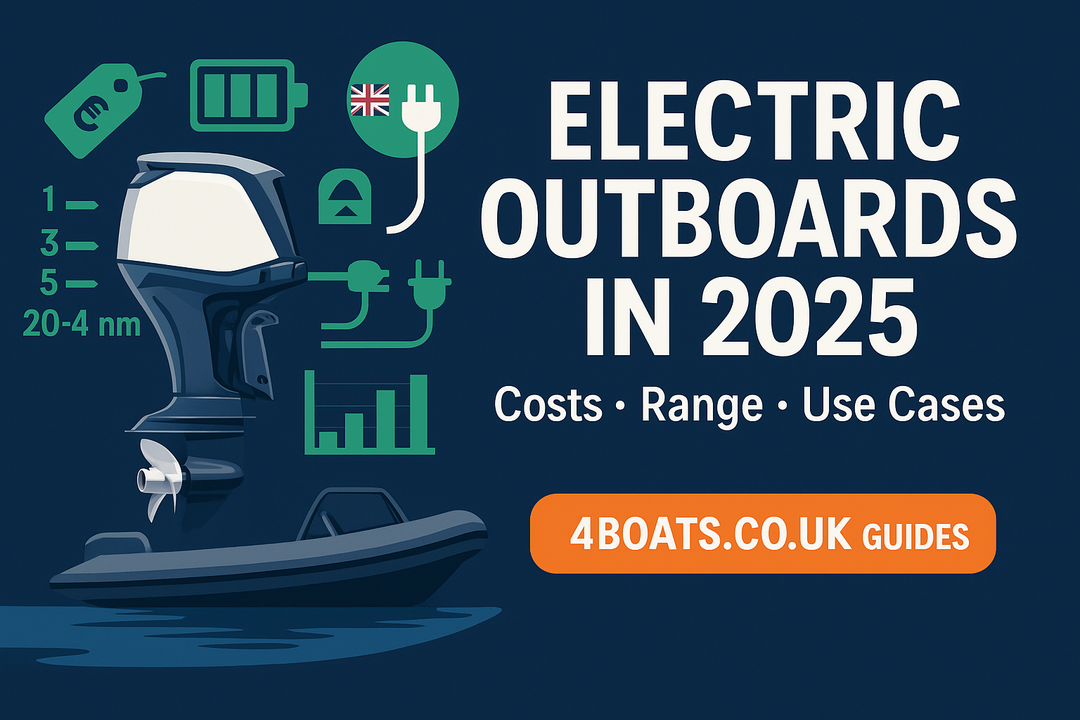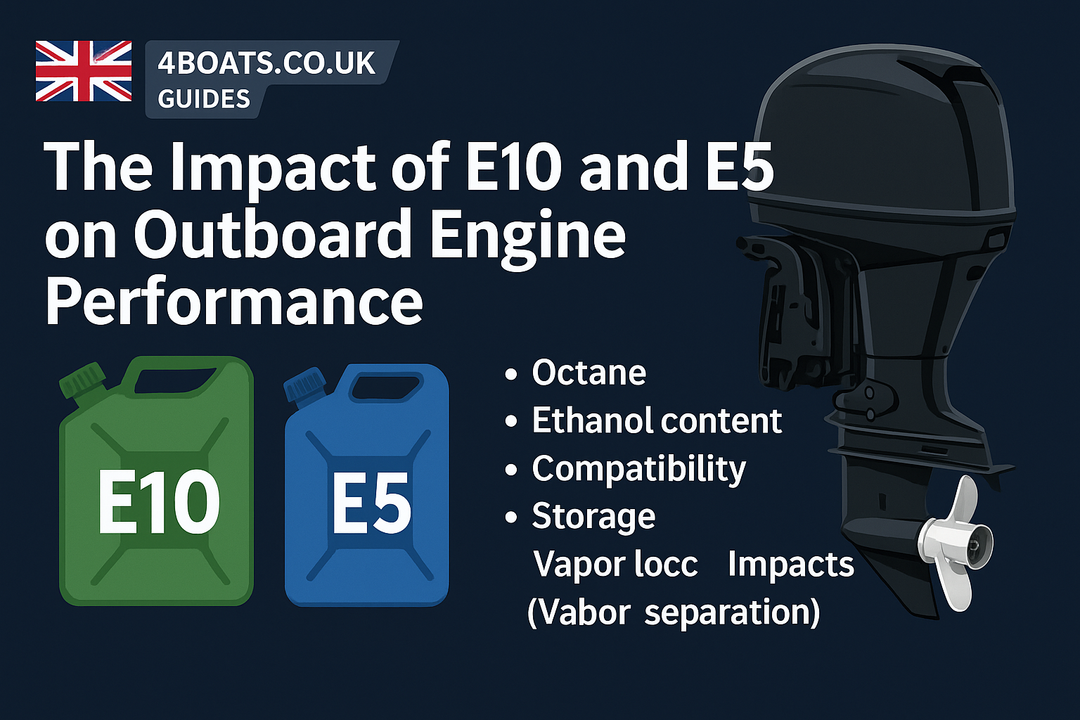Boat Propellers for Sale: Choosing the Right One for Your Vessel
When it comes to enhancing your boat's performance, selecting the right propeller is essential. The right propeller can improve fuel efficiency, increase speed, and ensure a smoother ride. This guide will help you understand the key factors to consider when choosing a propeller for your vessel.
Understanding Propeller Types
Boat propellers come in various types, each suited for different applications. Here are the main types:
- Fixed Pitch Propellers: These are the most common and are suitable for a wide range of boats.
- Variable Pitch Propellers: These allow for adjustments in blade angle, providing better control and efficiency.
- Feathering Propellers: Ideal for sailing vessels, these reduce drag when not in use.
Key Factors to Consider
When selecting a propeller, consider the following:
| Factor | Description |
|---|---|
| Diameter | The width of the propeller, affecting thrust and speed. |
| Pitch | The distance a propeller would move in one rotation, influencing acceleration and top speed. |
| Material | Common materials include aluminium (cost-effective) and stainless steel (durable and efficient). |
| Number of Blades | More blades can provide better grip but may reduce top speed. |
Matching Your Propeller to Your Vessel
To ensure optimal performance, your propeller must match your boat's engine and intended use. Consider the following:
- Check your engine's specifications for recommended propeller sizes.
- Think about your typical boating activities (e.g., cruising, water sports).
- Consider the weight and size of your boat.
Installation and Maintenance
Proper installation and maintenance are critical for propeller performance. Here are some tips:
- Ensure the propeller is installed securely and aligned correctly.
- Regularly check for damage and clean to prevent growth.
- Consider seasonal maintenance, especially before the boating season.
Key Takeaways
- Choose the right type of propeller based on your vessel's needs.
- Consider diameter, pitch, material, and number of blades.
- Match your propeller to your engine specifications and boating style.
- Regular maintenance ensures optimal performance and longevity.
Frequently Asked Questions
1. How do I know which propeller size is right for my boat?
Check your engine manual for manufacturer recommendations, and consider your boat's weight and intended use.
2. Can I change my propeller myself?
Yes, with the right tools and knowledge, changing a propeller can be a DIY task. Ensure you follow safety guidelines.
3. What material is best for a propeller?
Aluminium is cost-effective, while stainless steel offers better performance and durability. Choose based on your budget and usage.
Sources & Further Reading
Need UK-ready kit? Explore navigation and 4Boats safety gear.





